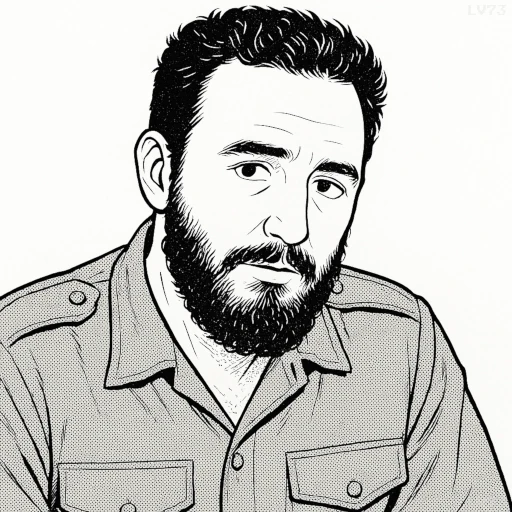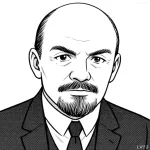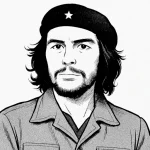“I became a Communist by studying capitalist political economy, and when I had some understanding of that problem, it actually seemed to me so absurd, so irrational, so inhuman, that I simply began to elaborate on my own formulas for production and distribution.”

- August 13, 1926 – November 25, 2016
- Cuban
- Revolutionary, Prime Minister and President of Cuba, Communist Leader
table of contents
Quote
“I became a Communist by studying capitalist political economy, and when I had some understanding of that problem, it actually seemed to me so absurd, so irrational, so inhuman, that I simply began to elaborate on my own formulas for production and distribution.”
Explanation
This quote provides a personal insight into Fidel Castro’s ideological transformation, revealing that his embrace of communism emerged not from blind allegiance, but through critical analysis of capitalism itself. By stating that he became a Communist “by studying capitalist political economy,” Castro emphasizes that his convictions were formed through intellectual inquiry and reflection, not indoctrination. His description of capitalism as “absurd, irrational, and inhuman” reveals his fundamental objection to an economic system he saw as exploitative, inefficient, and morally bankrupt.
Historically, Castro’s political evolution was shaped by exposure to inequality in Cuba, the influence of Marxist literature, and disillusionment with U.S. imperialism and Latin American oligarchies. His decision to “elaborate on [his] own formulas for production and distribution” underscores the belief that economic systems should be consciously designed to serve human needs, rather than dictated by market forces or corporate interests. This marked the beginning of his commitment to building a socialist model tailored to Cuban conditions, rooted in state planning and social equity.
In today’s context, the quote speaks to a broader theme: that dissent from capitalism often arises from deep engagement with its logic, not from ignorance of it. Castro’s experience illustrates how economic analysis can become a moral awakening, and how the quest for justice can inspire alternative visions of how societies might distribute wealth and organize production. His words challenge us to look beyond received systems and to imagine economic structures that are not just efficient, but also equitable and humane.
Would you like to share your impressions or related stories about this quote in the comments section?


